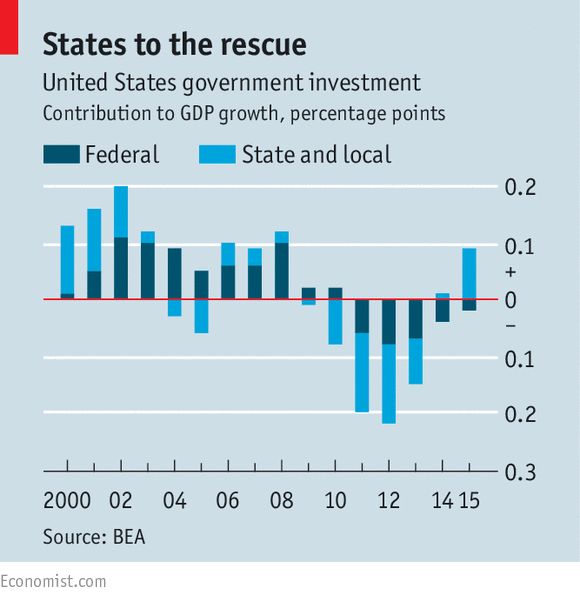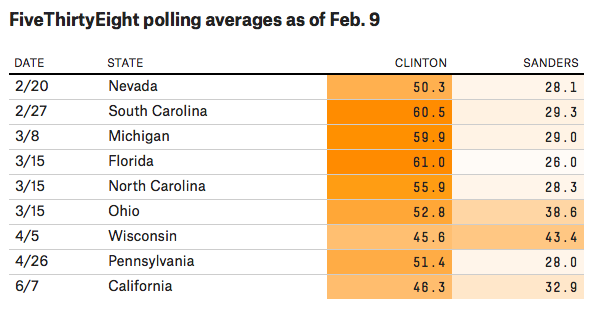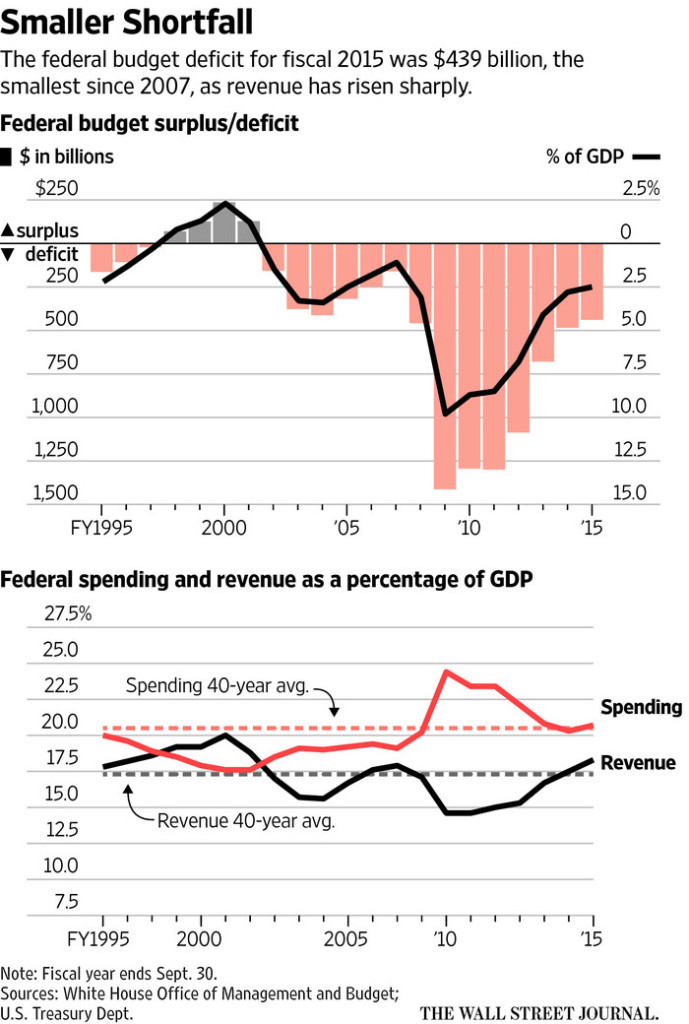Here is an issue on which the presidential candidates of the two parties seem to agree: Funding infrastructure, or at least, funding roads.
Over the past 50 years, US investment in transportation infrastructure as a share of GDP has shrunk by half. China is outspending us four to one and Europe two to one on transportation infrastructure. We have over 100,000 bridges in this country old enough to qualify for Medicare.
The Economist reported that the American Society of Civil Engineers (ASCE) thinks that additional spending of $1.6 trillion is needed by 2020 to bring the quality of the country’s infrastructure up from “poor” to “good”. The Economist indicated that over the past decade, America’s roads have fallen from seventh to fourteenth in the World Economic Forum’s rankings of the quality of infrastructure.
Part of the problem is that the federal tax on gasoline, which provides most of the funding for federal spending on roads, has been 18.4 cents per gallon since 1993, yet over that period, the price of construction materials and the wages of construction workers have both risen by more than 75%.
And Congress hasn’t helped. They have passed 35 stop-gap funding bills to extend transportation funding. However, most transportation projects are not built in just one year, they are complex, multi-year projects.
Last December, Congress passed the “Fixing America’s Surface Transportation Act”, or the FAST Act – which authorized $305 billion over fiscal years 2016 through 2020 for roads, bridges, public transit, and rail. Of that amount only $70 billion represents a new cash infusion for road repairs. Since the total highway need is $740 billion, there is a big funding gap.
Bizarrely, most of the funding for FAST was paid for by raiding the capital of the Federal Reserve. The Congressional Budget Office recently projected that the money in the Highway Trust Fund will run out in six years, and the fund faces a shortfall of $100 billion by 2026.
The funding gap hasn’t escaped the attention of the two presidential candidates. In a rare show of agreement, they are both for infrastructure spending. So, what do they want to do? Unsurprisingly, Trump hasn’t proposed a specific funding level. In his book, “Crippled America: How to Make America Great Again“, Trump says he’s in favor of major public investment in infrastructure repair and expansion.
“If we do what we have to do correctly…we can create the biggest economic boom in this country since the New Deal when our vast infrastructure was first put into place. It’s a no-brainer.”
It’s a “no-brainer” but, with “no amount”.
Hillary Clinton wants to commit $275 billion in public funds over five years, including $25 billion in capital for a new national infrastructure bank to generate another $225 billion in direct loans, loan guarantees and other forms of credit.
Neither candidate is proposing anything that meets the total financing need.
Today, the federal government is responsible only for about 25% of spending on highways and the FAST alternative will be an unreliable future funding source. Federal net investment has been negative since 2011, meaning that Congress is not spending enough to maintain the roads and bridges we have.
By contrast, many states have raised local taxes on gasoline: 12 states have raised gas taxes in the last 18 months. Most states tax by the gallon, and have benefited from the falling oil price, which has boosted sales of gasoline by 3% nationally. In fact, states are beginning to spend more than the federal government as a percentage of GDP:

But, state gas taxes have the same problem as the federal gas tax: They are fixed per gallon, so inflation erodes their value over time. And state budgets can’t grow to the sky. In many cases, states are under pressure to balance their budgets.
As a result, state politicians are burning political capital just standing still. That means the presidential candidates and Congress must find a way to finance more federal infrastructure investment.
Perhaps the gas tax is the wrong way to go. Rising vehicle fuel economy means more miles driven on fewer gallons of gas. With the move to electric cars, Highway Trust Fund revenue will be even lower. And fewer people own cars, but everyone benefits from good roads. People buy food trucked on our roads. They buy clothes, furniture, etc. trucked on our roads. They are carried to hospitals in ambulances on those roads.
The solution is a general road tax that everyone pays.
So, be on the lookout for Trump or Clinton’s rhetoric on infrastructure solutions. This is a yuuge problem that is not going away.




